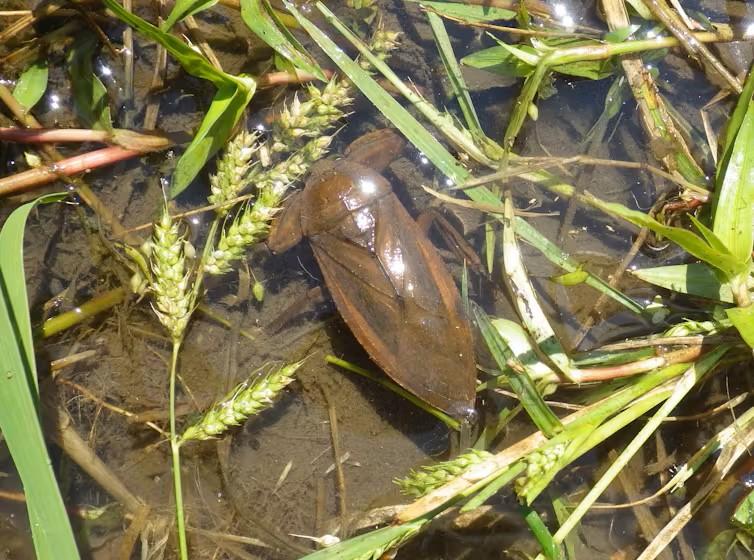Governments frequently impose bans to safeguard wildlife species most at risk from trade. However, an ECI researcher has been studying the extent to which banning trade in one threatened species unintentionally drives demand for other endangered species.
The rise of online marketplaces has made buying and selling wildlife more accessible than ever. This expansion increases the risk of large-scale commercial trade, which can pose a significant threat to wildlife—especially for species with small populations, such as those found on islands.
Writing in The Conversation, Dr Diogo Veríssimo, explains how efforts to deal with the risk of overexploitation by the government of Japan, one of the world’s largest wildlife markets, resulted in a pattern known as the ‘spillover effect’ - when a species is no longer available, demand often moves to alternative species rather than disappearing entirely.
Dr Veríssimo said:
Making something illegal is often a logical reaction by governments to unsustainable wildlife trade but the impacts of these bans are largely unknown. In this study we to consider the broader implications of bans, which will require working with consumers but also improving monitoring.”

One of the policy-targeted species: giant water bugs
Dr Veríssimo worked with colleagues, Takahiro Kubo, Senior Researcher at the National Institute for Environmental Studies and Visiting Researcher at the Interdisciplinary Centre for Conservation Science at the University of Oxford, and Taro Mieno, Associate Professor at the University of Nebraska-Lincoln.
Their study was published in the Society for Conservation Biology’s Conservation Letters.
Read the article in The Conversation.
Read the study in full in Conservation Letters.

